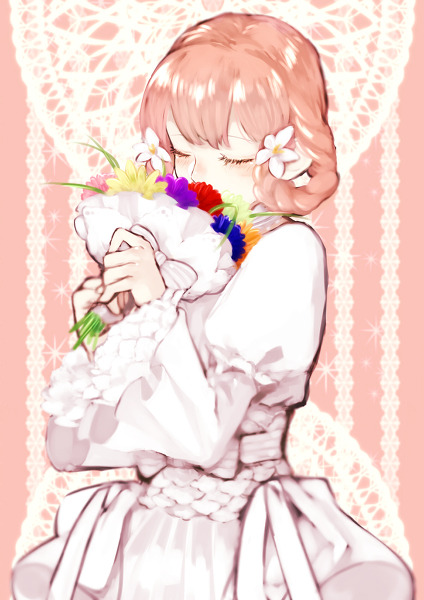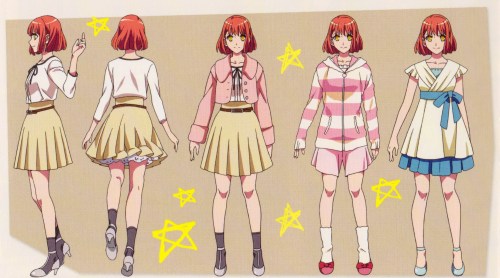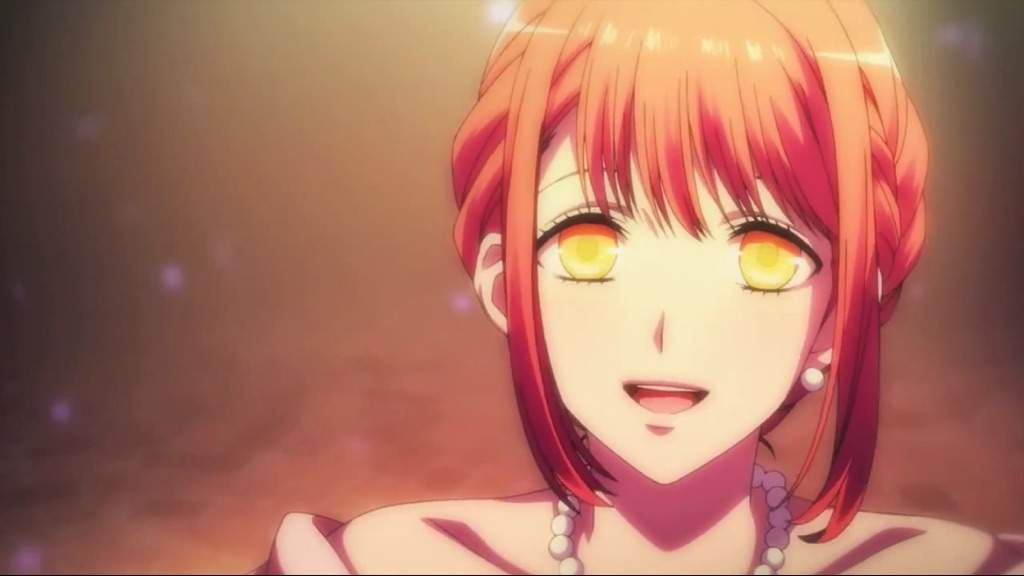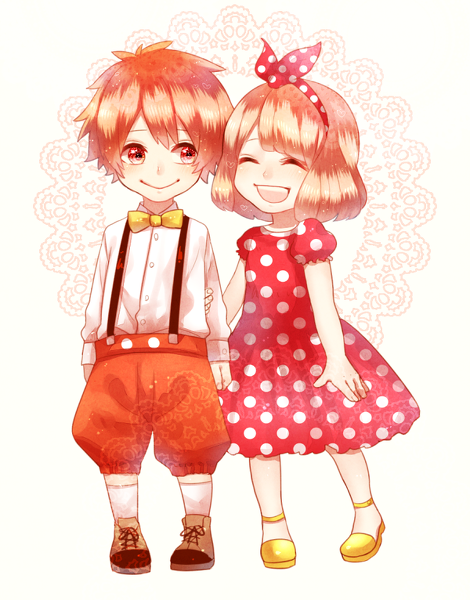Pen Name: Venka Morfeo
Real Name: Natille “Nat” Gerwulf
Age: 24
Appearance:Height: 163cm
Weight: 48 kg
Likes (in no particular order and quite miscellaneously): Sleep, nicotine dreams and even nightmares, her morning and evening cigarillo, writing, music, a cold drink after writing and occasionally before, her platonic relationship with Dr. Templeton, her not so platonic relationship with Templeton Rye, long walks, the rare new experience...
Dislikes (in no particular order miscellaneously): Excessive smoking, bad smells, pollution, people, the world, God and/or the gods, not being understood, the same old experiences, doctors (save for one psychologist), reality and life...
Party Trick: What a rare occurrence for Nat, she doesn’t usually have much tricks for parties. Her main party talent is her incredible tolerance for alcohol, gaining a rosy appearance on her pale skin but still remaining visibly stable and apparently mentally stable, though who knows how well she pretends not to be drunk, parties being so rare. She can also blow various interesting shapes with clouds of smoke, though she is sickened by most save for the occasional cigar or her favorite brand of cigarillos, Lily Clouds.
Profession: Professional novel writer, works from home. Occasionally follows various courses at the local university.
Bio: Natille Gerwulf, known to the few close to her as “Nat” by her demand, and to the general public as Venka Morfeo, famous writer of novels portraying a vividly described world alternate to ours, where a young woman finds herself going on adventures, fighting villains, making friends and even falling in love, has a peculiar source for the inspiration of her writing. This source of inspiration is seen as quite different things by different people and groups. For her reader base, it’s the world around her that feeds her colorful imagination, for her psychologist, it comes from her dreams, the reveries of a woman called “broken”, and for Nat herself, it was a reality she once lived.
Seven years prior to the present day, Natille entered a coma following an accident that killed her mother. Her father, a wealthy man who had spent his entire life thus far working so his dream of having a truly happy family with his beloved soulmate of a wife and his adored daughter, was, needless to say, devastated. Rushing to the hospital in the middle of a blizzard, which earned him scars from frostnip, he gave all he had so his daughter could be kept alive, even as his relatives, always scornful of his relationship, warned that he would be pouring his money into a vegetable.
Still, he pressed on, selling all but what he absolutely needed to live so his daughter could sleep soundly, his hope never dying. Left alone by a god he’d rather name the worst of demons, he fell into depression, drinking and nearly committing suicide. Though he reassured himself with the fact that care for Natille was carefully ensured in his will and testament, he could never pull the trigger, torn to shreds by the struggle within him between hope and despair. When he was not visiting his daughter, every moment felt as cold as the blizzard he fought through to first see her face after the accident, but as one year of melancholic slumber became two, then three, then eventually four, Alan Gerwulf never stopped signing checks to the hospital caring for her and fighting for his angel to be kept alive for just a while longer.
Natille awoke five years later, on a warm summer’s day. It would take her two months before she could form coherent sentences again and in the meantime, she cried, sobbed, even wailed and bawled at some points of time. While her father saw it initially as sadness from her mother’s death, a sadness they shared, or even tears of joy at being truly alive again, it was soon discovered that she was crying to be in the coma again. Not because of five years of her life being gone, not because her family was ruined, not because her father had remarried in an attempt to fill in a certain void while she was gone (though she would resent him for this later), but because of a life she had lived while asleep. The specialists taking care of her told her it was simply impossible that she could have vivid, realistic dreams while in a coma, but every day, she wrote in a journal about the incredibly colorful, detailed memories she had of her dream life.
Before she seemingly died and woke up from her coma at the end of a happy life, surrounded by a family she loved more than anything, she had lived a family life not unlike the one her father wanted for himself and his beloveds, with a handsome, strong, special husband, one who she had met during countless adventures she had after she came into the fantastical world she could now remember so intensely, at the age of eighteen. Nat, as her beloved had called her, had fought with a sword, with magic, with her heart, struggled, met many people, made so many friends, and even changed the world before living the rest of her life in peace. Her times were often happy, often sad, sometimes bittersweet, occasionally full of rage, but that rainbow of emotions was what she loved most. She had found everything she could have ever wanted in that world, she did everything she ever wanted and she never wanted for more. Natille cherished the twenty years she believed she had lived in that world so much that she could easily write every moment down.
All of it was gone and for those around her, it was a miracle. What a miracle! She finally woke up! Not a single person understood her distress, no one even sought to understand it, with everyone, even her own father, brushing it aside as side effects from brain damage she must have incurred in the accident. The only one who went as far as accepting them as dreams was a young medical student who would later become her psychologist, the oddly-named Bridge Templeton, however, that didn’t change a thing for Natille, who now firmly insisted she be called “Nat”. She had lost it all, everything she had ever cherished was gone, from the life she had lived in the coma and her life before the accident.
At one time, she had thanked the accident for sending her into a world where her life was even better than the last. Now, she cursed the world for its cruelty, taking both of her lives away, making all her actions be for nothing. A year after her recovery, she decided to move to Shine City, away from the house of her father and his new wife who treated Nat as her own daughter and did her able best to be the mother the girl had lost. Upon the suggestion of the local Dr. Templeton, she had published what she still believed were her own experiences in a novel, which was an astounding success. A serialization prompted the move in order to become closer to a publishing house.
One year has passed since then. Now known throughout the world by her pen name, Venka Morfeo, she continues to write her experiences as the stories of Lynette, a character that mirrors her in every way, living alone in a penthouse apartment, with no lack for material delights, leaving only to get fresh air and fresh food. Life on Earth and not in the world of Soma is seen as useless to her, her only purpose being to leave Lynette’s and her own mark on the world as Venka Morfeo. The perfect world of her slumber pales in comparison to the colors of Shine City to her and her hope is lost.
But has hope died?
Personality: Today, Nat has given up on reality, after she was “killed” in her beloved Soma and brought into the sad plane known as Earth once again, in an uncomfortable, sterile bed. Due to this, she regards the real world with apathy, boredom and even hatred at times. Every experience seems redundant to her, though she is delighted by the rare experience that doesn’t feel like déjà vu. Occasionally she ventures out of her penthouse to look for these experiences, but when this is fruitless, save for physical fitness benefits, she usually retreats back for a drink and to continue working to the achievement of what she sees as her life’s purpose. Love is another thing that seems redundant to her, the memories of the love of her old life still fresh in her mind and not easily forgettable. People are monochrome background characters compared to the colorful, amazing people of Soma and her demeanor reflects this, polite and friendly out of courtesy, but uncaring. It would take true power of the heart to break her out of the prison of her memories, or death. Some small part of Nat still prays that it’ll be the former.
Theme Song: The National – About Today 












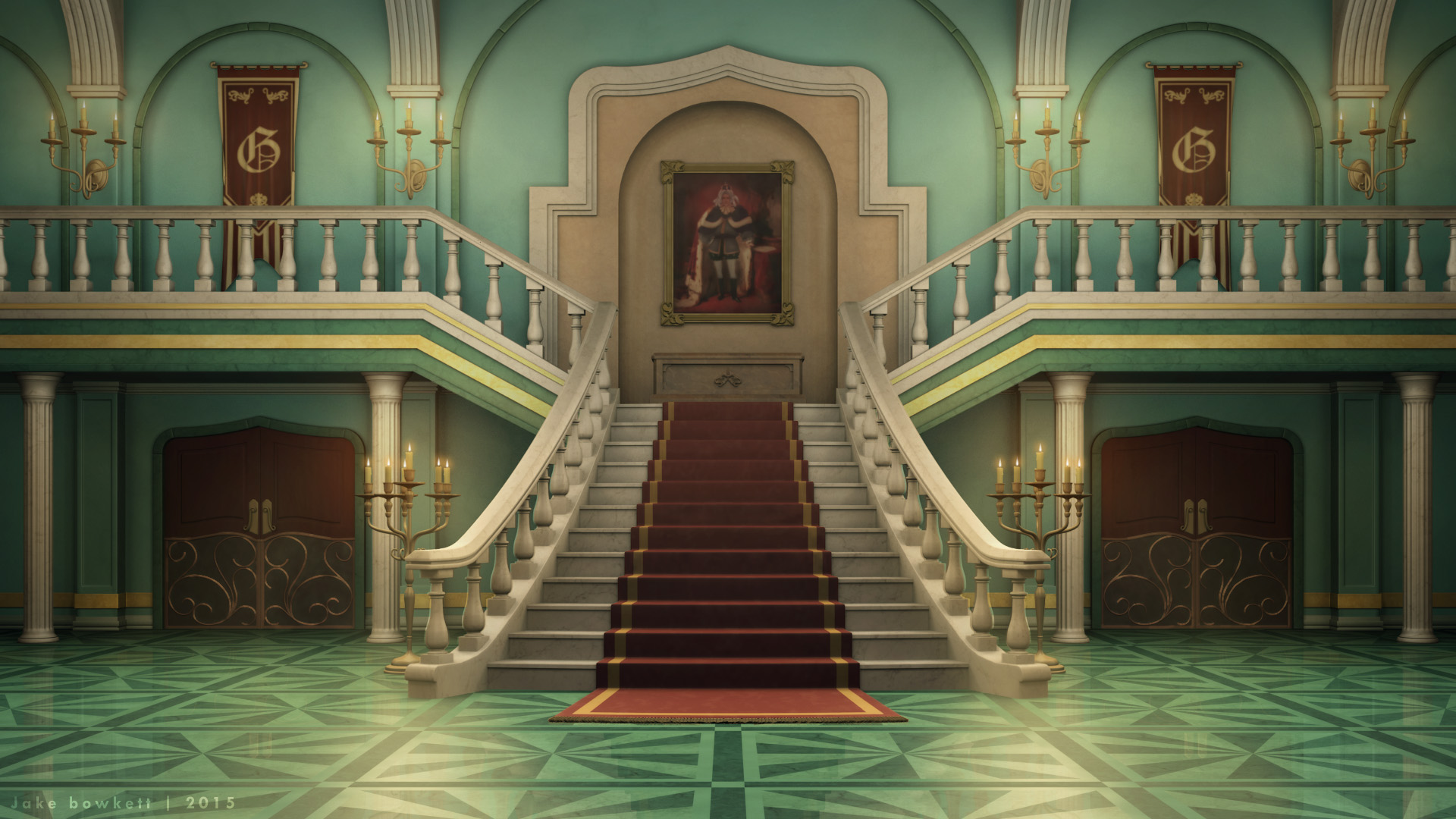

_Detectives_Office_final_image.jpg)









